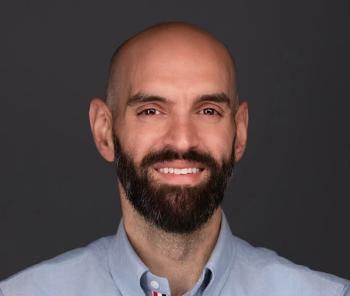
Dalton: Change Is Hard, But Other Industries Can Show the Way
Why healthcare companies need to trade their "mom-and-pop," experience-based instincts for a data- and outcome-driven attitude.
John Dalton, MD, is the chief quality officer of PhyMed, a data-driven healthcare group based in Nashville, Tennessee. He stopped by the studio at Healthcare Analytics News™ to discuss the importance of moving medicine to a data-driven, outcome-focused industry, and the cultural difficulties that go along with that. Here's a rundown of the interview.
"Change is difficult. Implementation is the hard work, and will there be resistance? Oh, absolutely.
"I mean, when you're dealing with outcomes that only occur 1 in 50,000, for example, and you try to change processes to prevent them…I can talk to physicians that have been in practice for as long as I have: ‘Well that's never happened to me why should I change what I do?’ Traditional care is driven by, ‘This is just the way we've always done it.’ It's anecdotal, so with the explosion of medical knowledge in the last 20 to 30 years we need to apply what we've learned there to the outcomes and measure those outcomes and then move forward.
"Randomized control trials are very important, and they're their gold standard, but they're very expensive and hard to put together. Outcome studies, as we follow our data, are going to be available to everyone. As we aggregate those outcomes, we standardize our care going forward and then change maybe 1 thing if we want to effect a certain outcome, rather than a dozen things at once. I think that’s what will instruct our quality in the future…I think outcome studies won't replace randomized controlled trials, but they'll become very valuable in the advancement of medical care.
"There's a lot of industry examples. Edwards Deming is one of my favorite authors on quality and value and so forth in manufacturing: simply applying those principles in medicine is something that we haven't done. We're still kind of a mom-and-pop, one-off, experience-driven [industry]. We need to be data-driven and outcome driven like other industries that have shown remarkable progress in safety and quality, like the nuclear power industry.
"I guess it's not right to say it's not rocket science. It is, kind of. Actually…you prove out rocket science the same way. It's those industry principles that we need to apply to medicine. I think the focus is going in the right direction. Rather than a distraction, application of outcome-based-and-driven decisions is what medical care has been missing.”






















































































